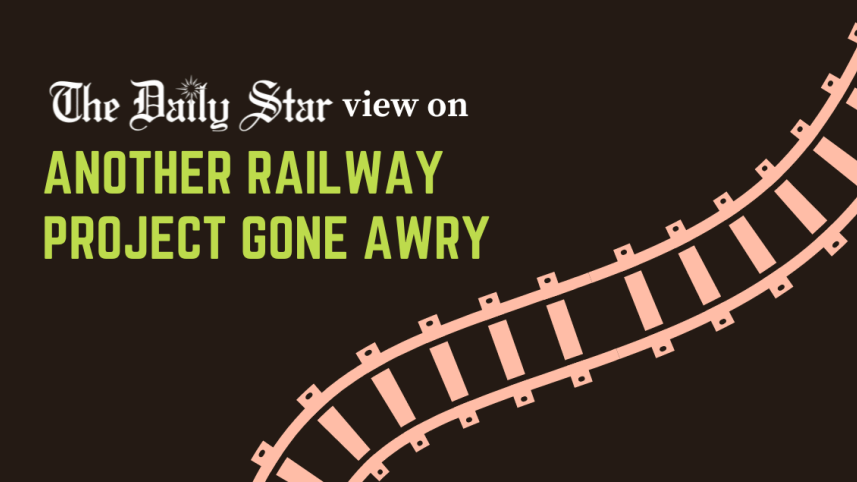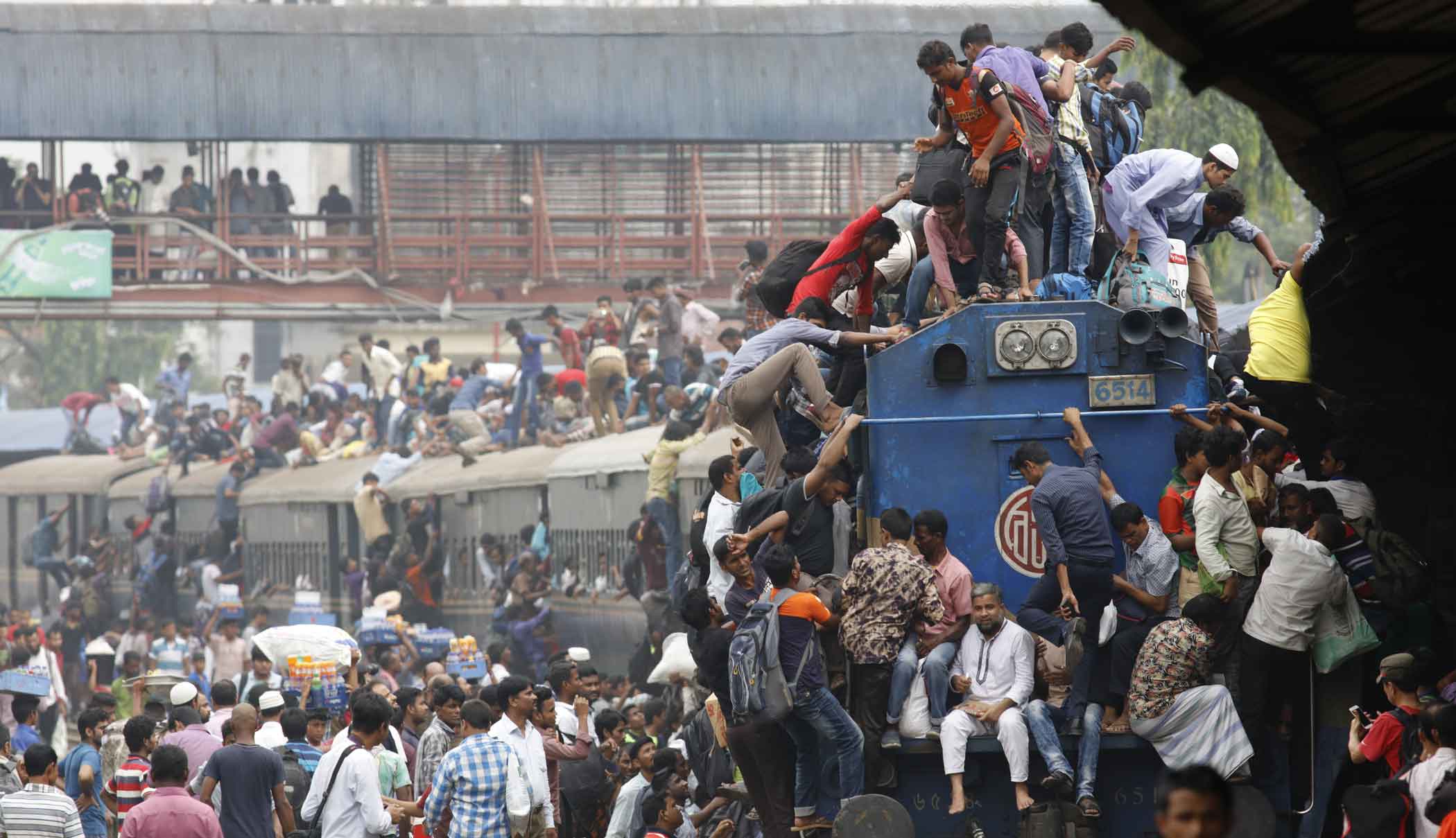Why do railway projects keep floundering?

Our experience with railway projects is nothing to write home about. The railway has seen more than its fair share of projects flounder, thanks to flawed project designs, weak feasibility studies, delays in preliminary work, procurement, activating funds, etc. Some of the projects were stalled indefinitely as well. Clearly, Bangladesh Railway (BR) has an execution problem, and it has been getting worse, as revealed by a recent report by The Daily Star. The report describes how another project plunged into uncertainty after the authorities put it on hold following a decision to not take hard loan from a Chinese contractor/financier, as originally planned.
Reportedly, the project was taken up in October 2016 to procure 200 rail carriages in a bid to improve the BR's capacity. It was supposed to be implemented with funds arranged by a certain Chinese contractor, and a contract was signed to that effect in November 2018. Out of the total project cost of Tk 927.52 crore, the government was supposed to pay Tk 214 crore while the remaining Tk 713.52 crore was supposed to come from the financier arranged by the contractor. However, things took an unexpected turn because of procedural delays and lack of preparation and cooperation on both sides. The cancellation of the contract means that BR will have to start the process all over again, having already lost six years and Tk 84.51 lakh in its initial bid.
This is, however, not the first time that poor preparatory work has led to the cancellation of a railway project. Early last year, the Chinese government informed Bangladesh that it would not fund the Joydebpur-Ishwardi double-line construction project because of "a lack of in-depth preliminary work and insufficient feasibility study". Besides, the Chinese contractor for the Akhaura-Sylhet rail line expansion project also declined to work after a downward revision of project costs.
Something always seems to go wrong when the railway authorities execute a project. Either it is bureaucratic deadweight slowing the process from start to finish, or the feasibility study is weak, or there is a problem with funding or procurement, or some other systemic failure. Inefficiency, mismanagement and corruption – these form a routine combination that either stalls projects, makes them insanely expensive, or compromises their outcomes. After the latest debacle, we cannot help but ask: can we ever expect timely project executions from the railway authorities? When will they stop giving excuses for projects gone wrong, and start proving their worth to the public?
We urge the authorities to critically examine why their projects keep getting delayed or stalled. They must establish accountability in all their undertakings, and fix systemic loopholes plaguing them for so long.
 For all latest news, follow The Daily Star's Google News channel.
For all latest news, follow The Daily Star's Google News channel. 


Comments